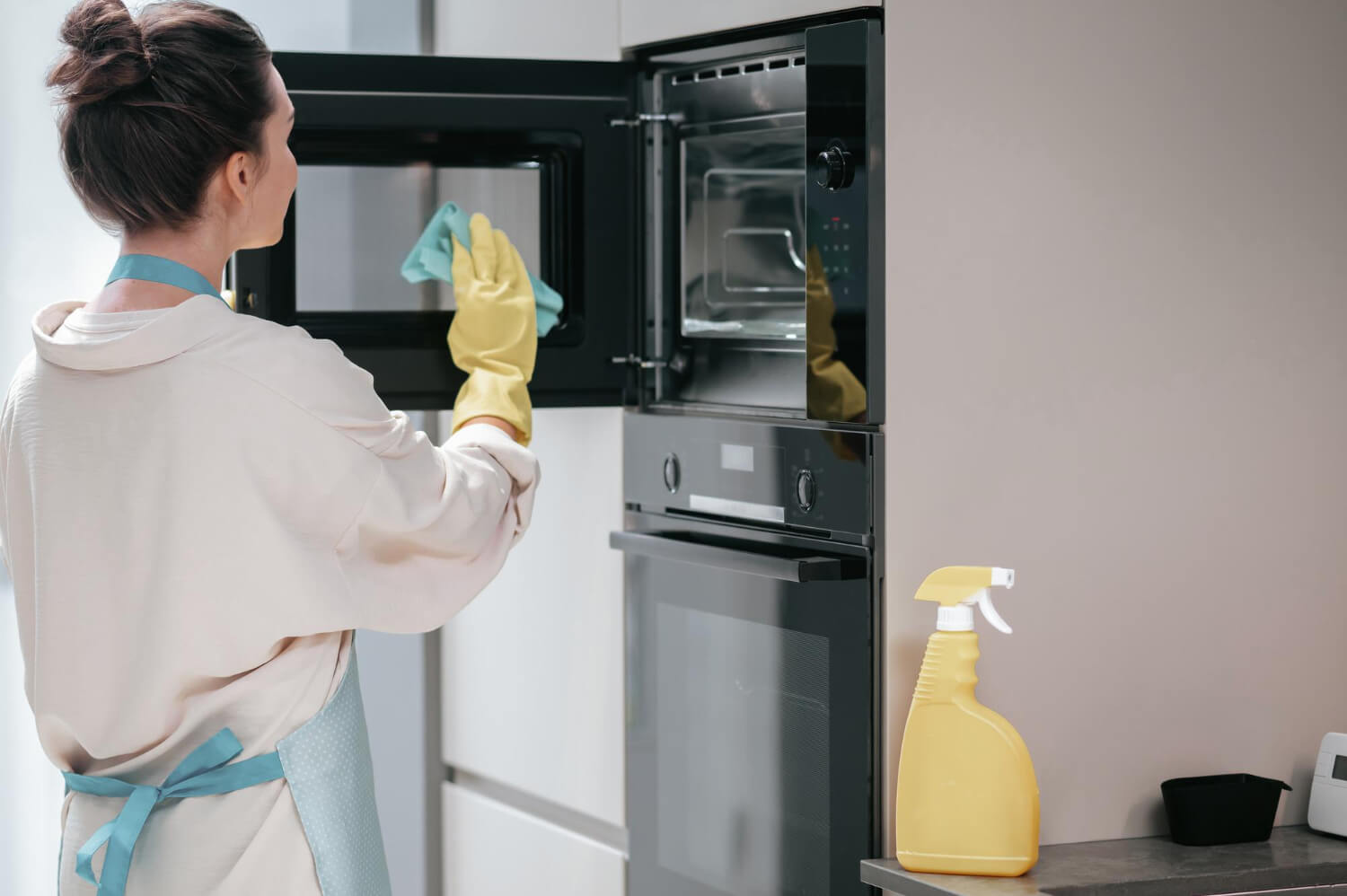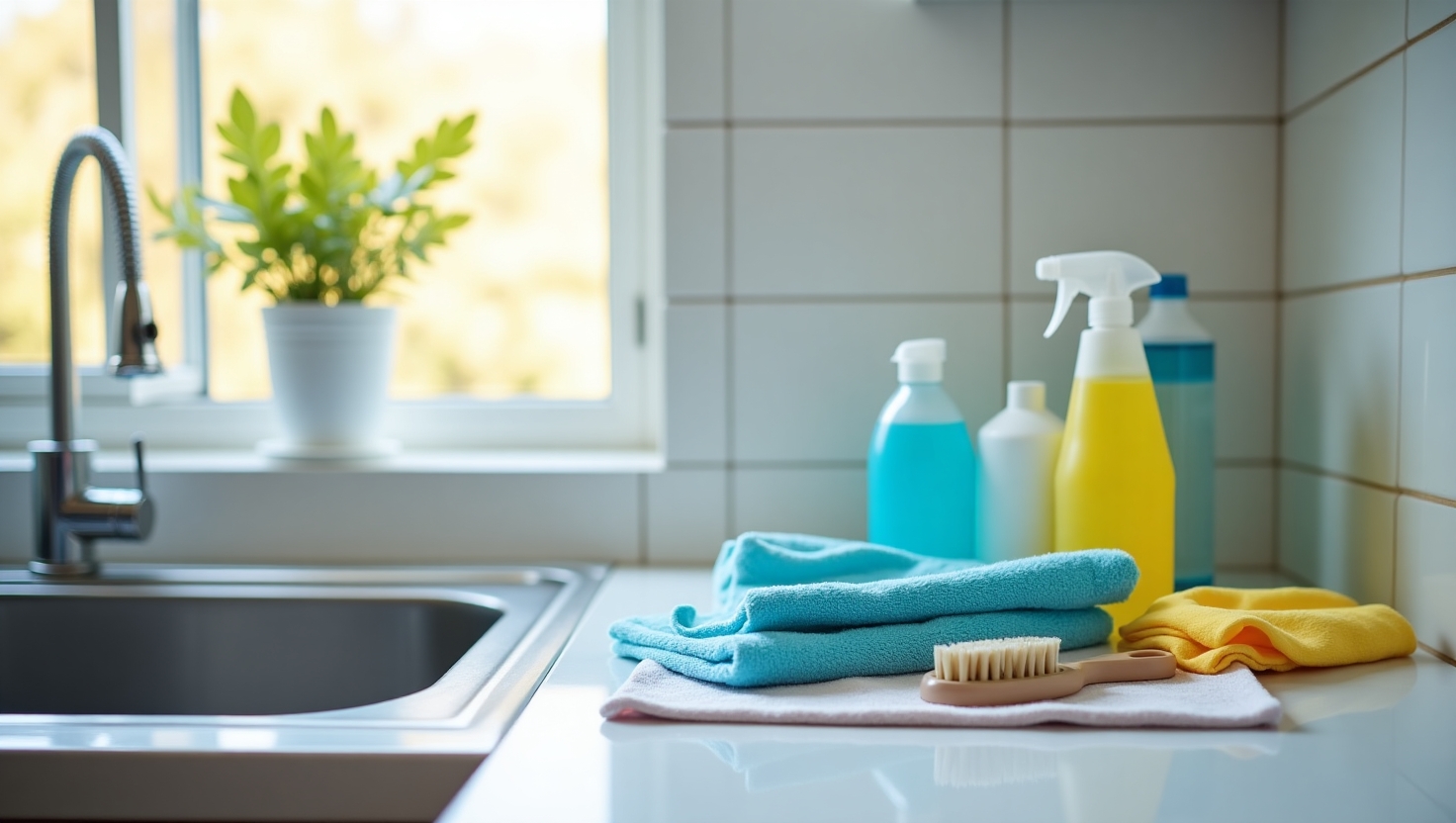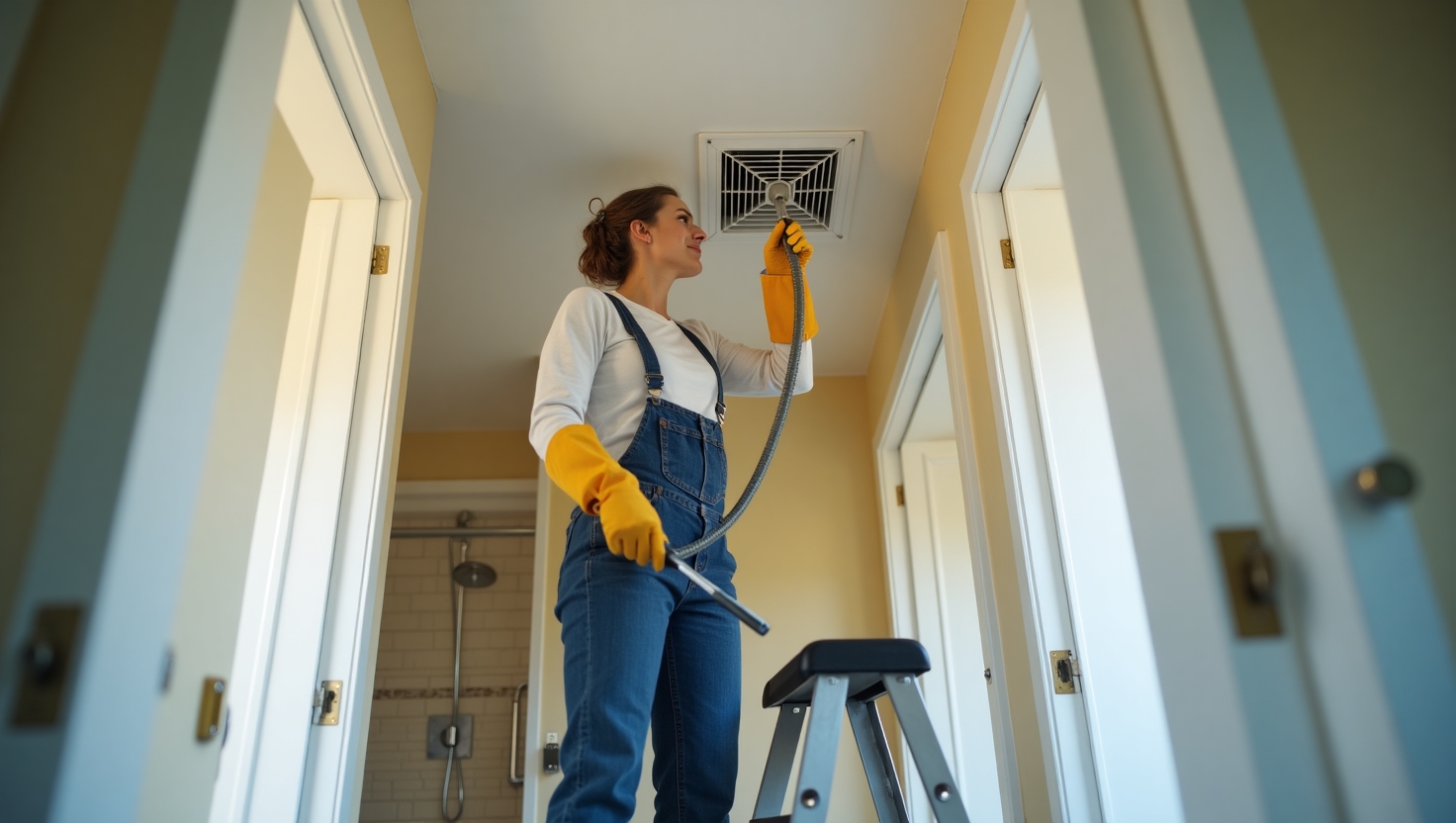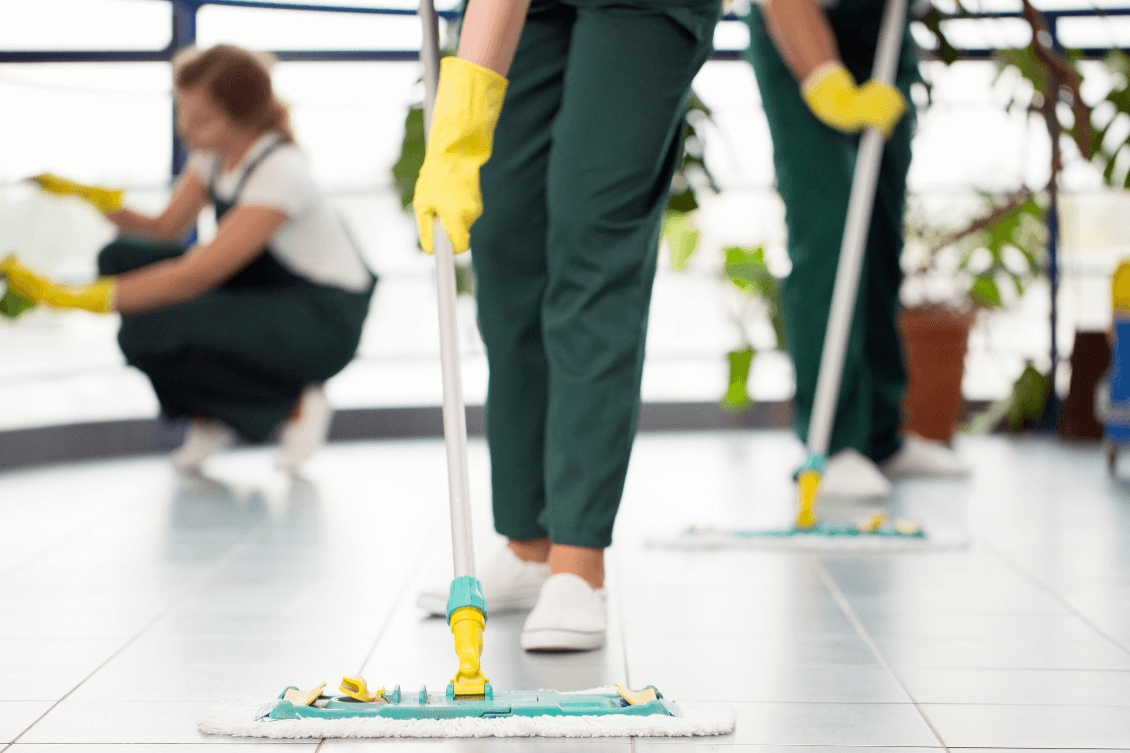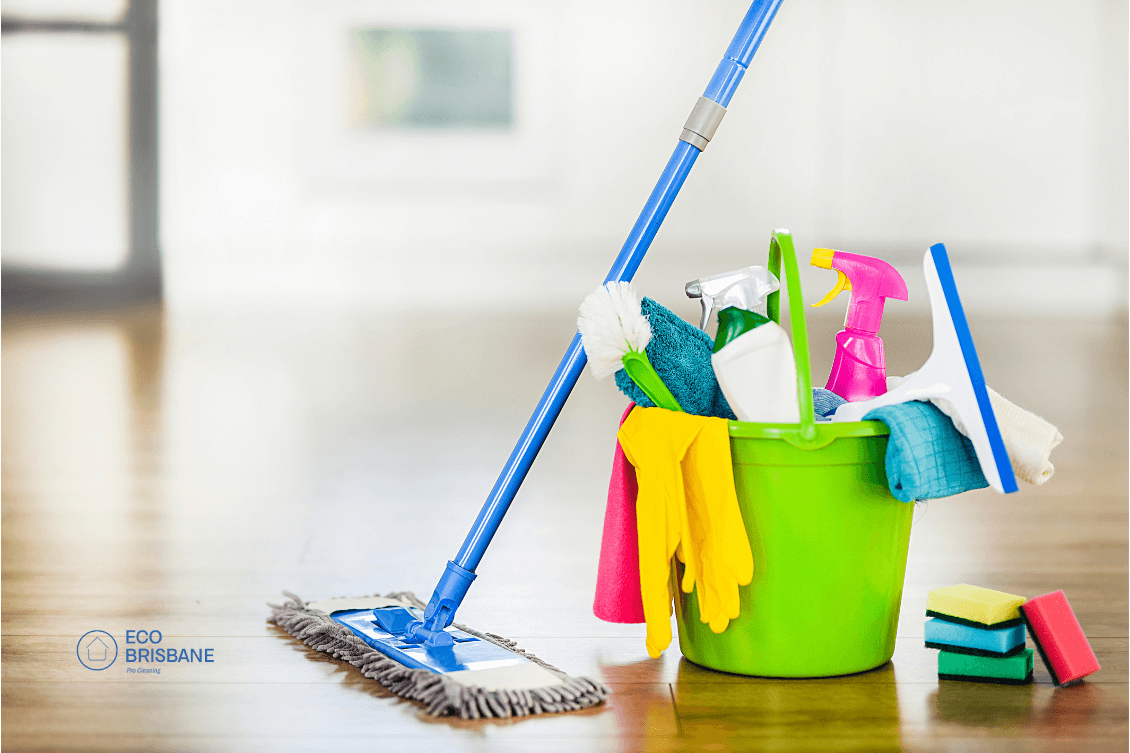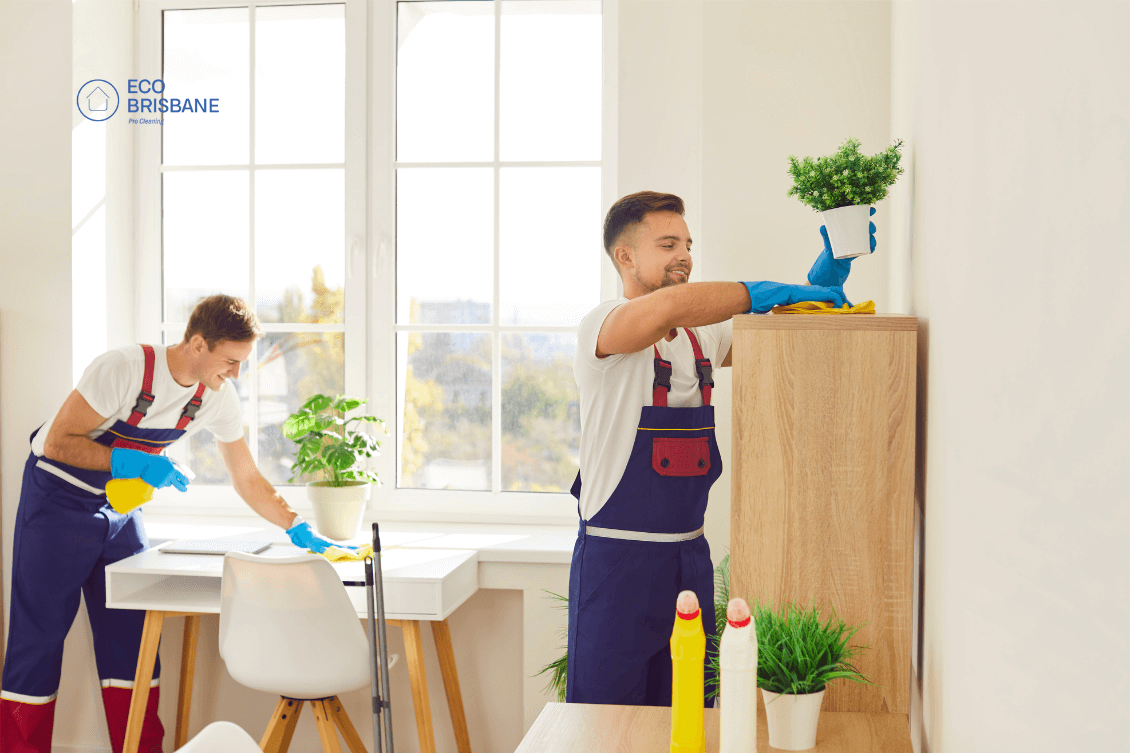Why does a commercial kitchen need more than just a regular cleaning? What risks lurk in the unseen corners of your bustling kitchen space? These questions are critical for any food business owner, emphasising the importance of maintaining a hygienic environment not only to comply with regulations but also to ensure customer health and safety.
The Necessity of a Clean Commercial Kitchen
Every commercial kitchen serves as the heart of a food business, pulsating with activity and producing meals that delight customers. However, this constant use also makes kitchens susceptible to contamination and the spread of pathogens. Regular cleaning is essential, but it only removes visible dirt and debris. Sanitising and disinfecting, on the other hand, target microorganisms like bacteria and viruses, reducing their presence to safe levels and preventing their spread.
The Difference Between Cleaning, Sanitising, and Disinfecting
Understanding these terms is crucial. Cleaning removes dirt and impurities from surfaces. Sanitising reduces bacteria on surfaces to a safe level, as judged by public health standards. Disinfecting goes a step further, killing a broader spectrum of microorganisms. In a commercial kitchen, employing all three methods ensures a comprehensive approach to hygiene.
Sanitising and Disinfecting: A Health and Safety Imperative
In commercial kitchens, the stakes are high. Poor hygiene can lead to foodborne illnesses like salmonella, E. coli, and norovirus outbreaks. These incidents can not only harm patrons but also damage a business’s reputation irreparably. Regular sanitising and disinfecting of surfaces, especially areas that come into direct contact with food, are essential in preventing these health hazards.
Regulations and Compliance
Various local and national health regulations mandate strict hygiene practices in commercial kitchens. These regulations are not just bureaucratic hurdles but are designed to protect public health. Compliance is not optional; it is a critical aspect of operating a food business, with regular inspections ensuring adherence to these standards.
The Role of Professional Cleaning Services
While in-house staff can handle daily cleaning tasks, professional cleaning services bring expertise in deep cleaning, sanitising, and disinfecting. They use commercial-grade products and equipment, ensuring a level of cleanliness that is often hard to achieve with regular methods.
Best Practices for Sanitising and Disinfecting
- Regular Scheduling: Implement a consistent schedule for deep cleaning, sanitising, and disinfecting.
- Right Products: Use EPA-approved sanitisers and disinfectants suitable for food-premises.
- Training Staff: Educate your team on proper cleaning techniques and the importance of hygiene.
- Focus on High-Touch Areas: Pay special attention to areas like door handles, counters, and cooking equipment.
Technology and Innovations in Commercial Kitchen Hygiene
Advancements in cleaning technology have introduced new methods like electrostatic sprayers and UV-C light sanitisers. These innovations offer more effective and efficient ways to maintain cleanliness in commercial kitchens.
Environmental and Health Considerations
While maintaining hygiene, it’s essential to consider the environmental impact of cleaning agents. Opt for eco-friendly products that are effective yet reduce harm to the environment.
Stainless Steel Surfaces in Your Kitchen
When it comes to maintaining stainless steel surfaces in your commercial kitchen, it’s not just about keeping them shiny. Regular cleaning, sanitising, and disinfecting are crucial to prevent corrosion and bacterial growth. For more in-depth tips on maintaining these surfaces, check out our article on “8 Ways Of Maintaining Stainless Steel Surfaces In Your Commercial Kitchen“.
Conclusion
Sanitising and disinfecting a commercial kitchen is not just a regulatory requirement; it’s a cornerstone of running a successful food business. It safeguards the health of customers, enhances the reputation of the establishment, and ensures compliance with health standards.
FAQs
✓How often should a commercial kitchen be sanitised and disinfected?
Commercial kitchens should have daily cleaning, sanitising, and disinfecting routines, with deep cleaning scheduled regularly.
✓Can regular cleaning staff handle sanitising and disinfecting tasks?
While regular staff can handle basic tasks, professional services are recommended for thorough sanitising and disinfecting.
✓Are eco-friendly sanitisers effective in commercial kitchens?
Yes, there are several eco-friendly sanitising products that are both safe for the environment and effective in commercial kitchens.
✓What are the consequences of not properly sanitising and disinfecting a commercial kitchen?
Failure to properly sanitise and disinfect can lead to foodborne illnesses, health code violations, and damage to the business’s reputation.
